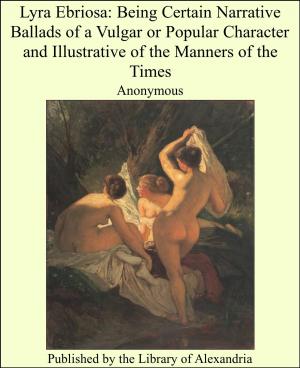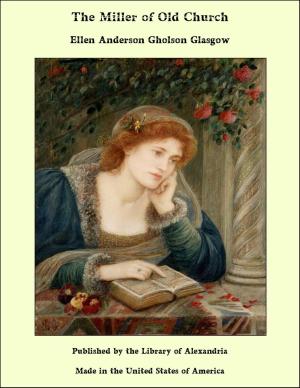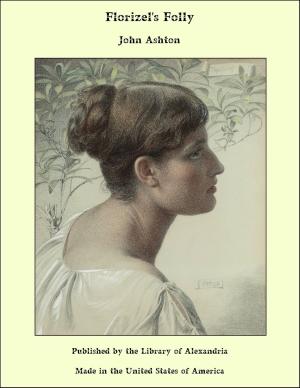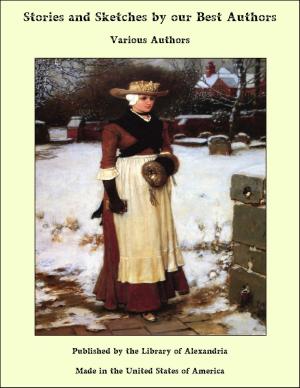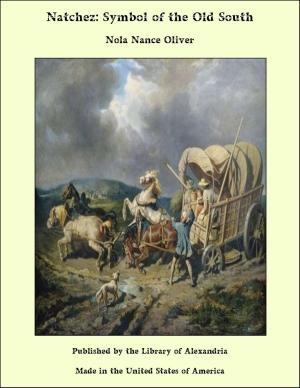Constitutional History of England, Henry VII to George II (Complete)
Nonfiction, Religion & Spirituality, New Age, History, Fiction & Literature| Author: | Henry Hallam | ISBN: | 9781465599728 |
| Publisher: | Library of Alexandria | Publication: | March 8, 2015 |
| Imprint: | Language: | English |
| Author: | Henry Hallam |
| ISBN: | 9781465599728 |
| Publisher: | Library of Alexandria |
| Publication: | March 8, 2015 |
| Imprint: | |
| Language: | English |
Few historical works have stood the test of time better than Hallam's Constitutional History. It was written nearly a century ago—the first edition was published in 1827—and at a time when historians were nothing if not stout party men. The science of history, as we now know it, was in its infancy; apologetics were preferred to exegesis; the study of "sources," the editing of texts, the classification of authorities were almost unknown. History was regarded as the handmaid of politics, and the duty of the historian was conceived as being, in the language of Macaulay, the impression of "general truths" upon his generation as to the art of government and the progress of society. Whig and Tory, Erastian and High Churchman, debated on the field of history. The characters of Laud and Cromwell excited as much passion and recrimination as if they were contemporary politicians. That a history written in such times, and by a writer who was proud to call himself a Whig, should still hold its place is not a little remarkable. The reason for its vitality is to be found in the temperament and training of the author. Hallam was a lawyer in the sense in which that term is used at the Bar; that is to say, not so much a seductive advocate as a man deeply versed in the law, accurate, judicious, and impartial. Macaulay, who was as much the advocate as Hallam is the judge, described the Constitutional History as "the most impartial book we ever read," and the tribute was not undeserved. Hallam is often didactic, but he is never partisan. Although a Whig he was by no means concerned, like Macaulay, to prove that the Whigs were never in the wrong, and, as he shrewdly remarks, in his examination of the tenets of the two great parties in the eighteenth century: "It is one thing to prefer the Whig principles, another to justify, as an advocate, the party which bore that name." No better illustration of his attitude of mind can be found than the passage in which, treating of the outbreak of hostilities between Charles I. and the Long Parliament, he sets himself to consider "whether a thoroughly upright and enlightened manwould rather have listed under the royal or the parliamentary standard." In these days when, as the distinguished occupant of the chair of Modern History at Cambridge tells us, "history has nothing to do with morality," Hallam's grave anxiety to solve this problem may sound quaint and, indeed, irrelevant; but there is no denying the high purpose, the sincerity, and the passion for truth which characterise the passage in question. To-day the historian's conception of truth is purely objective: his aim is to discover what former generations thought rather than to concern himself with what we should think of them. The late Lord Acton stood almost alone among the modern school of historians in insisting that it is the duty of the historian to uphold "the authority of conscience" and "that moral standard which the powers of earth and religion itself tend constantly to depress." It is more fashionable to contend that the moral standard is relative; that we cannot judge the men of the past by the ethical rules of the present; that conscience itself is the product of historical development. It may be questioned whether this scepticism has not been carried too far. Hallam had no such doubts.
Few historical works have stood the test of time better than Hallam's Constitutional History. It was written nearly a century ago—the first edition was published in 1827—and at a time when historians were nothing if not stout party men. The science of history, as we now know it, was in its infancy; apologetics were preferred to exegesis; the study of "sources," the editing of texts, the classification of authorities were almost unknown. History was regarded as the handmaid of politics, and the duty of the historian was conceived as being, in the language of Macaulay, the impression of "general truths" upon his generation as to the art of government and the progress of society. Whig and Tory, Erastian and High Churchman, debated on the field of history. The characters of Laud and Cromwell excited as much passion and recrimination as if they were contemporary politicians. That a history written in such times, and by a writer who was proud to call himself a Whig, should still hold its place is not a little remarkable. The reason for its vitality is to be found in the temperament and training of the author. Hallam was a lawyer in the sense in which that term is used at the Bar; that is to say, not so much a seductive advocate as a man deeply versed in the law, accurate, judicious, and impartial. Macaulay, who was as much the advocate as Hallam is the judge, described the Constitutional History as "the most impartial book we ever read," and the tribute was not undeserved. Hallam is often didactic, but he is never partisan. Although a Whig he was by no means concerned, like Macaulay, to prove that the Whigs were never in the wrong, and, as he shrewdly remarks, in his examination of the tenets of the two great parties in the eighteenth century: "It is one thing to prefer the Whig principles, another to justify, as an advocate, the party which bore that name." No better illustration of his attitude of mind can be found than the passage in which, treating of the outbreak of hostilities between Charles I. and the Long Parliament, he sets himself to consider "whether a thoroughly upright and enlightened manwould rather have listed under the royal or the parliamentary standard." In these days when, as the distinguished occupant of the chair of Modern History at Cambridge tells us, "history has nothing to do with morality," Hallam's grave anxiety to solve this problem may sound quaint and, indeed, irrelevant; but there is no denying the high purpose, the sincerity, and the passion for truth which characterise the passage in question. To-day the historian's conception of truth is purely objective: his aim is to discover what former generations thought rather than to concern himself with what we should think of them. The late Lord Acton stood almost alone among the modern school of historians in insisting that it is the duty of the historian to uphold "the authority of conscience" and "that moral standard which the powers of earth and religion itself tend constantly to depress." It is more fashionable to contend that the moral standard is relative; that we cannot judge the men of the past by the ethical rules of the present; that conscience itself is the product of historical development. It may be questioned whether this scepticism has not been carried too far. Hallam had no such doubts.


